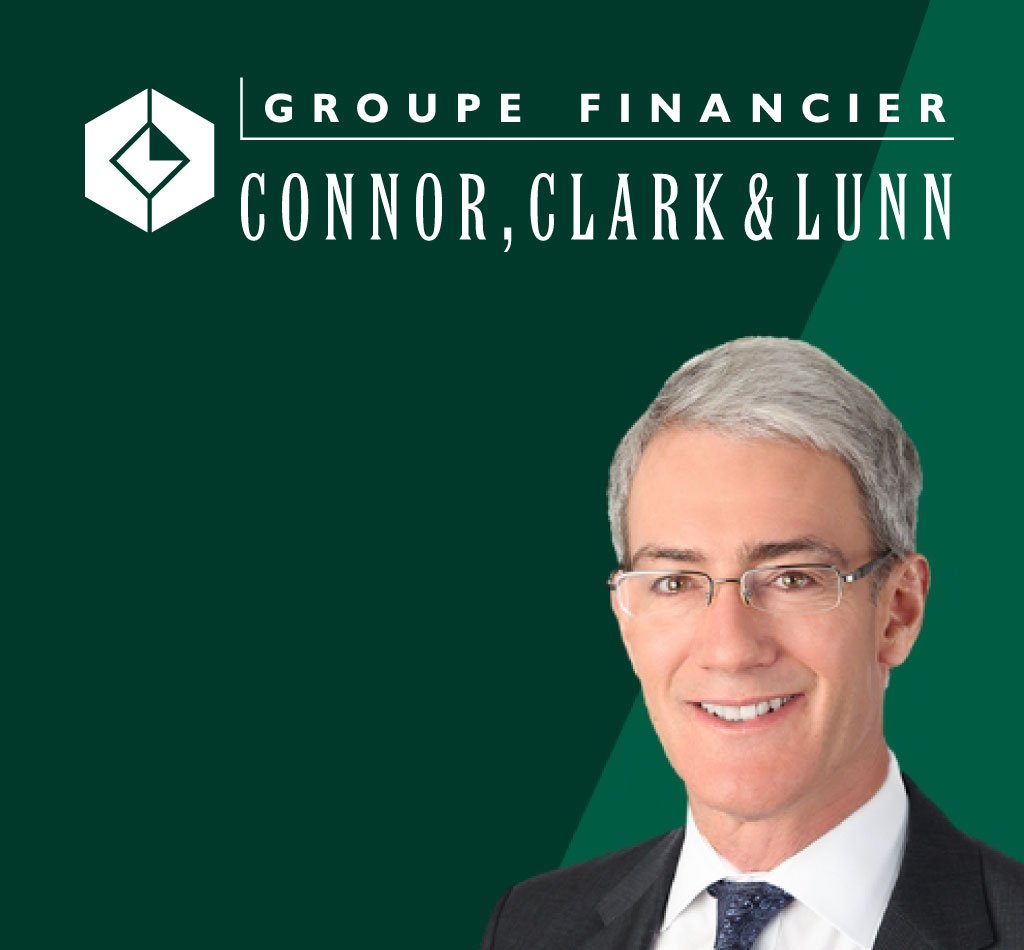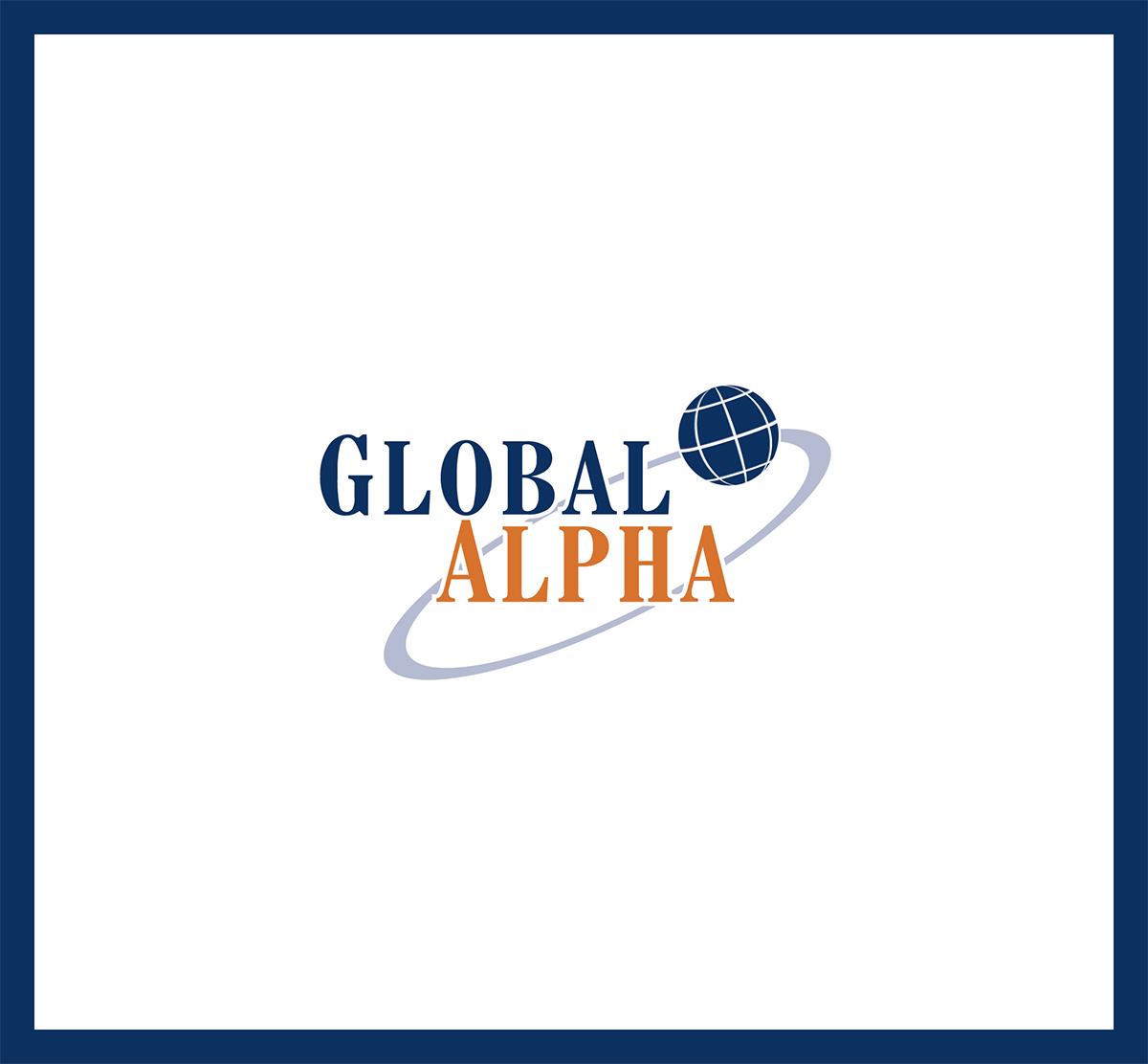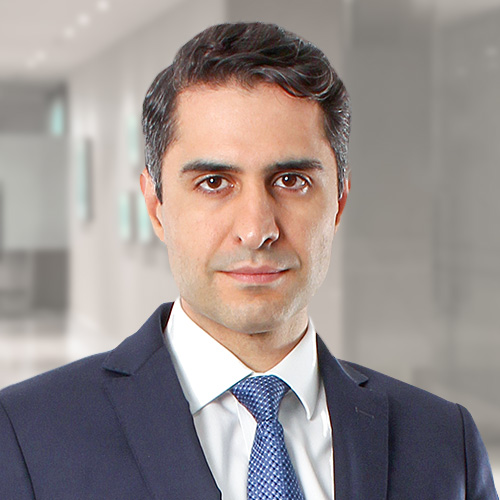Commentaires
FEM Q1 2025 Manager Letter
24 avril 2025

The strategy focuses on investing in frontier and emerging market companies that our team expects will benefit from demographic trends, changing consumer behaviour, policy and regulatory reform and technological advancements.
Below, we explore several key factors that influenced returns during the first quarter of 2025 and share observations on the portfolio and the markets.
Internet and technology portfolio
The portfolio’s investments in the internet and technology sector led returns in the first quarter of the year. This was driven by Fawry for Banking Technology & Payments S.A.E. (FWRY EG), the Egyptian payments company. Fawry’s strong execution over the past few years culminated in a record 2024, with revenue and operating profit growing 68% and 160% y-o-y respectively. The value of the payments ecosystem that Fawry’s management team developed over the last few years is now being validated by strong financial results, to which the market is reacting positively. While Fawry’s multi-faceted suite of products, services and business verticals is admittedly complicated to grasp for investors, we believe it is also a source of competitive advantage. Fawry is scaled across several use cases and has a large balance sheet that gives it an advantage in a market with high interest rates and tight liquidity. The company’s ability to leverage technology and deep local expertise to provide their customers (merchants and consumers) with several financial products and services in a seamless online/offline environment is still understated by the market, in our opinion.
The portfolio experienced positive returns from our investment in Allegro.eu S.A. (ALE PW), the leading Polish e-commerce company. Allegro posted a strong fourth quarter results report which included a confident medium-term guide, and a capital allocation policy that was both thoughtful and ahead of the market’s expectations. Allegro also announced a new CEO who, unlike his predecessors, is a native of Poland and comes with 25 years of relevant experience in that market – our preference is always for local talent to lead a company we own if that talent is available. Allegro is the most polarising stock in our portfolio with enough fodder for the bulls and the bears to make a credible case. The recent positive developments contribute to a partial de-risking of the investment thesis and with it, the dial moves closer to the bull camp in which we are situated.
The portfolio’s largest drag in the quarter came from our long-held investment in FPT Corporation (FPT HM), the Vietnamese IT services company. Entering 2025, FPT was the portfolio’s third largest holding (~6% of AUM). We recognised early on in the year that we had too much exposure to a company we liked but with a stock that was becoming increasingly difficult to justify owning as much of, having run up ~150% in USD terms since January 2023. We also began to notice some cracks in the AI universe with Nvidia’s shares beginning to roll over in mid-January and we were well aware that a big part of the multiple expansion in FPT’s shares last year is explained by the company’s proximity to the AI theme.
Putting all that together, we began selling the stock in the first week of February and did another round of selling in mid-March. The selling, while preventing a larger negative impact on the portfolio, was not sufficient to protect the portfolio from a reasonable bps drawdown from the balance of the shares we decided to hold onto in the quarter. While Vietnam has been in the news for the all wrong (tariff) reasons as of late, we have determined that FPT’s service-based business and diversified geographical exposure (including a strong presence in Japan, where the company is long an appreciating JPY) will mean that its earning power remains relatively intact, and that the valuation on the shares we decided to hold onto are now reasonable.
A major highlight from the quarter in the internet and technology portfolio was our decision to finally exit from Kaspi.Kz (KSPI.KZ US), Kazakhstan’s super-app and a truly incredible business. We’ve owned Kaspi since its early days as a London-listed company and continued to own it (in different percentages) through the turbulence in the country in January 2022, to its listing on the Nasdaq in January 2024, and until our eventual full exit early this year.
We were the first foreign investors to visit Almaty and meet with Kaspi in its HQ (according to the company) after the unrest that toppled the regime of Nursultan Nazarbayev in 2022 and have spent considerable time and resources to understand the ins and outs of the business. At this point, we believe that Kaspi will experience slower growth in its home market as it exhausts its ability to monetise its well-penetrated userbase, while digesting an increase in the cost of capital that is essential for the profitability of its lending business. Kaspi’s decision to enter the Turkish market, by way of acquiring Hepsiburada.com, is strategically sound and we will certainly not bet against Kaspi’s management to turn this into a successful venture. However, a slowing home market in Kazakhstan and a competitive and new market in Turkey might prove to be (at least in the short term) too much for even Kaspi to manage. As a result, we chose to watch from the sidelines, hoping to get a chance to re-enter the stock (which is reasonably lower than our exit price now), but pleased with the results of our investment since we acquired our first shares.
Financials portfolio
The financials portfolio was the second largest contributor to returns in the quarter. Our investment in Boursa Kuwait Securities Co. (BOURSA KW), the owner and operator of the Kuwait Stock Exchange and the Kuwait Clearing Company, delivered solid returns. Boursa’s natural monopoly position and its embedded operating leverage to the country’s banking sector market capitalisation and average daily traded value makes it a very good proxy for Kuwait’s reform story. After nearly a year’s wait, the country’s reform program is beginning to take shape with the cabinet approving the long-awaited debt law that is counted on to unlock a significant proportion of the financing required for a much-needed infrastructure spending program. The approval of the debt law also paves the way for the new mortgage law, which is expected imminently. These are very positive developments for Boursa via the prospect of new products being introduced in the market (e.g., fixed income trading and margin lending) and is supportive for valuations and trading activity in the stock exchange (YTD value traded ending March is up over 30%).
On the other hand, the portfolio experienced a drag from our investment in Indonesia’s Bank Syariah Indonesia Tbk Pt (BRIS ID). BRIS is a state-owned entity that has been forged through the merger of Indonesia’s three largest Islamic banks in the country back in 2021. The bank is the largest player in the Islamic financing market with over 40% market share. Indonesia is home to the largest Muslim population in the world (along with Pakistan) and so BRIS has a natural right-to-win in that market. Of course, much rests on management’s ability to execute on its strategy of building a market-leading banking proposition so that they can gain share from the dominant conventional banks in the country (BRIS’ share of the total system assets is only ~6%). We bought BRIS shares last year as we became familiar with their strategy and appreciated the clarity with which they articulated it. We also noticed that there was a visible increase in profitability with return on equity increasing by nearly 400 bps between 2021 and 2024 (to 16.4%) and concluded that there is still another 400 bps of improvement in the next three years that management can deliver that the market did not fully appreciate.
Unfortunately, the Indonesian market had a difficult quarter with the Jakarta Composite Index down 10.3% in USD. Concerns about the country’s political and economic direction weighed on the market and on sentiment. These concerns are valid; the new administration embarked on a series of big projects, including the implementation of a new sovereign wealth fund (Danantara), changes to the 2004 military law (allowing military officers to serve on boards of state-owned companies), and the rollout of the President’s flagship ambitious and fiscally burdensome free school meal program.
Fortunately, the final shape of these initiatives seems to be much better than the market feared. For example, concerns on who would run the new sovereign wealth fund were dispelled quickly when a credible team composed of technocrats and business-friendly professionals was announced. There was also some relief from the details of the appointment of an advisory board that includes the 6th and 7th presidents of Indonesia (especially the popular Jokowi), and an advisory council that includes the likes of Ray Dalio and Jeffery Sachs. We see a lot of value in Indonesia at the moment and are sticking with our investments in that market with a potential to increase our investment as the dust settles, including in BRIS.
Healthcare and education portfolio
The weakness in the ASEAN markets in the first quarter was particularly visible in the negative price action experienced in our healthcare and education portfolio. In Thailand, the portfolio experienced a large drawdown in the shares of Singapore International School Bangkok PCL (SISB BK), the operator of K-12 schools that teaches the Singaporean curriculum to over 4,500 students in six locations in and around Bangkok. SISB is a founder-led business that has built a small (in public listed company terms; the company made $25 million net income in the last 12 months) but successful business. It has operating and free cash flow margins in excess of 30% and a healthy return on invested capital of 23%. SISB is a small-/mid-cap Thai stock and so was implicated in the weak sentiment around the market (FTSE Small Cap Thailand is down 30% from September 30, 2024 to March 31, 2025).
SISB built a strong international student base (~30% international) and since Covid-19 received a large influx of students from China. This proved to be a double-edged sword in 2025 as news of the abduction of a Chinese actor in Thailand spread like wildfire on social media, culminating in a sharp decline in tourism from China and raising safety concerns among Chinese nationals living in the country. While SISB’s business is intrinsically defensive, the link to China via its student body (which we gather is about 20%) meant the stock was caught up in the fallout of the news. SISB did see some Chinese students leave, but we believe the market had overly punished the stock for its exposure to that market. We have been in communication with SISB’s CEO and met him in Bangkok in February. Our conclusion is that some of the pressure they are seeing (on the business and the shares) will be temporary as they digest the impact of the China exposure.
Outlook
Looking forward, the investment outlook has been muddied by the ongoing escalation and volatility in US trade policy. From a portfolio standpoint, our direct exposure to tariffs is limited. We estimate that 85% of the portfolio is invested in service-based industries, 9% in product-based, and the rest in cash. Across the portfolio, 87% is invested in companies that make no money outside of their core region. At a country level, nearly half the fund is in countries that were not named in the first tariff announcement. Of course, we are well aware of second-round effects on our companies’ fundamentals from slowing global trade which can come in the form of lower disposable incomes, lower oil prices (on our Middle East portfolio specifically) and a lower wealth effect across the board. We also know (from experience) that markets dislocate and that prices can deviate significantly from intrinsic values. This is especially true now as long-held assumptions about world-order and the established American role in it are being questioned.
On the other hand, as with any crisis, there will be opportunities. We cannot help but feel bullish about the implication of a weak US dollar and the prospect of an end to US exceptionalism. We see a lot of value in our markets today and believe there is a scenario where the current dynamics can favour certain countries and companies that we believe the strategy is over-indexed to.
We look forward to updating you on the strategy in the next letter.





